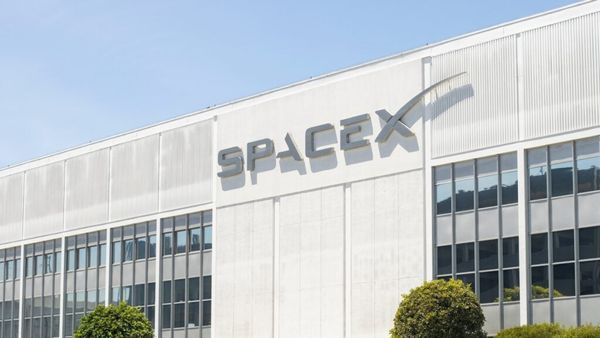AstraZeneca's Enhertu could help some breast cancer patients avoid surgery, according to a study unveiled Saturday at the European Society of Medical Oncology conference in Berlin.
That's the takeaway from Destiny-Breast11, one of several studies AstraZeneca presented. Patients with early-stage breast cancer were given Enhertu or a chemo cocktail. Enhertu works by sending toxic chemicals directly to the HER2 protein. HER2 shows up almost exclusively on cancer cells.
At the end of the study, more than 67% of Enhertu recipients showed no molecular signs of cancer in a tissue sample. That compares to roughly 56% of patients given the chemotherapy regimen. Notably, Enhertu carries fewer side effects than chemo due to how precise it is.
Treating early-stage breast cancer before it progresses is key to long-term survival, said David Fredrickson, AstraZeneca's executive vice president of oncology. Early-stage breast cancer carries a five-year survival rate of around 90%. By the advanced stages, just 30% of patients will still be alive after five years, he told Investor's Business Daily.
"So, the importance of that pathologic complete response, the importance of a high event-free survival cannot be overstated as it relates to the likelihood of being able to drive toward long-term durable outcomes," he said.
Enhertu's Powerful Sales Growth
Enhertu is one of AstraZeneca's rising oncology stars. Last year, the Daiichi Sankyo-partnered drug generated $1.98 billion in sales. Though the drug accounted for just 4% of AstraZeneca's total revenue, Enhertu sales grew 54%. That topped every other cancer drug in AstraZeneca's portfolio.
Now, the pharma giant is making a big push for Enhertu to be used in earlier-stage breast cancer patients.
In addition to the study in pre-surgery patients, AstraZeneca also laid out the results of its study called Destiny-Breast05. This tested Enhertu in patients who showed signs of cancer following surgery. Enhertu reduced the risk of cancer relapse by more than half compared to chemotherapy.
Importantly, 92% of patients given Enhertu were alive and free of invasive disease three years after receiving treatment.
Safety Profile Is Key
The safety profile, again, beat out traditional chemotherapy. Like chemotherapy, antibody drug conjugates, or ADCs, use toxic chemicals. But, while chemo is like a hammer, ADCs are like a laser. They send the toxic chemicals directly to proteins that show up on cancer cells.
That's particularly important in early-stage cancer, Fredrickson said.
"What you don't want to have is a serious adverse event that could have otherwise been avoided," he said. "And there were lower rates across multiple safety dimensions for the Enhertu arm than in others."
AstraZeneca is discussing next steps with global regulators, Fredrickson said. Both studies were Phase 3, meaning they are among the last the company will need to run to win Food and Drug Administration approval.
AstraZeneca Stock Is In A Buy Zone
AstraZeneca stock is currently lingering in a buy zone after breaking out of a lengthy cup-with-handle base with a buy point at 82.41, according to MarketSurge.
Shares have an improving IBD Digital Relative Strength Rating of 97. The RS Rating is a 1-99 measure of a stock's 12-month performance, pitted against all other stocks. Last week, AstraZeneca stock had an RS Rating of 77. Four weeks ago, the RS Rating was 52, an improvement from 30 three months ago.
Follow Allison Gatlin on X/Twitter at @AGatlin_IBD.







